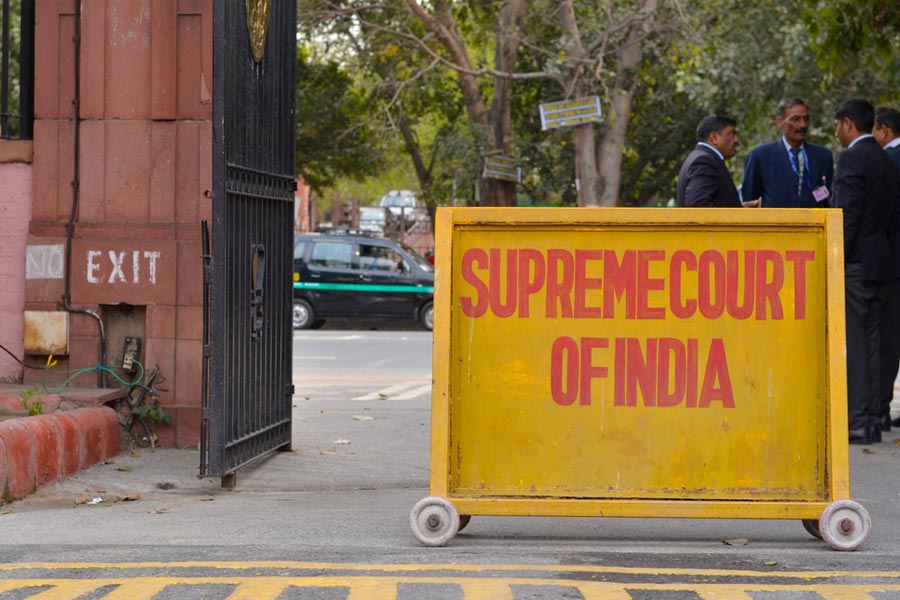Resistance to women’s right to equality and security has deep roots in Indian society. Even 10 years have not been sufficient for many organisations to implement the Sexual Harassment of Women at Workplace (Prevention, Prohibition and Redressal) Act, 2013, or the PoSH Act. The Supreme Court has had to step in. Responding to a report that 16 of 30 national sports organisations do not have internal complaint committees, the court reportedly directed the Centre, states and Union territories to execute a time-bound programme ensuring that all organisations, government and private, and all professional associations and institutes form complaint committees strictly following the PoSH Act. The Supreme Court’s detailed instructions left no loophole for misunderstanding. The immediate context of the report was the prolonged protest by world-class wrestlers and their colleagues against sexual harassment by the Wrestling Federation of India’s chief, who was also a member of parliament from the Bharatiya Janata Party. The WFI site showed that its ICC had four men and one woman, which defeated the purpose of the carefully designed committee mandated by the law.
The Supreme Court’s directions, resulting from its reported disquiet at the ‘serious lapses’ in the law’s implementation, were about committee formation as well as about correct process. They included inculcating awareness among working women and instructing committee members about their duties. The court was hearing the appeal of a university professor who had been sacked after being found guilty of sexual harassment. The Supreme Court sent the matter back to the institution’s committee because due process had not been observed. Without that, or the scope for self-defence, natural justice cannot be preserved. The other concern was women’s hesitation regarding whom to approach or how, their fear and uncertainty. The court ordered that all details of the ICC, its members, contacts and policy be displayed at every workplace. It is shameful that the highest court of the land should have to intervene to ensure that a law for women’s protection is followed and that the State must be ordered to be proactive. No surprise there — the police registered a first information report on the basis of the protesting wrestlers’ accusation after the wrestlers approached the Supreme Court. The fight is against institutional misogyny and its silent political support. All this shows that it must remain unrelenting.











